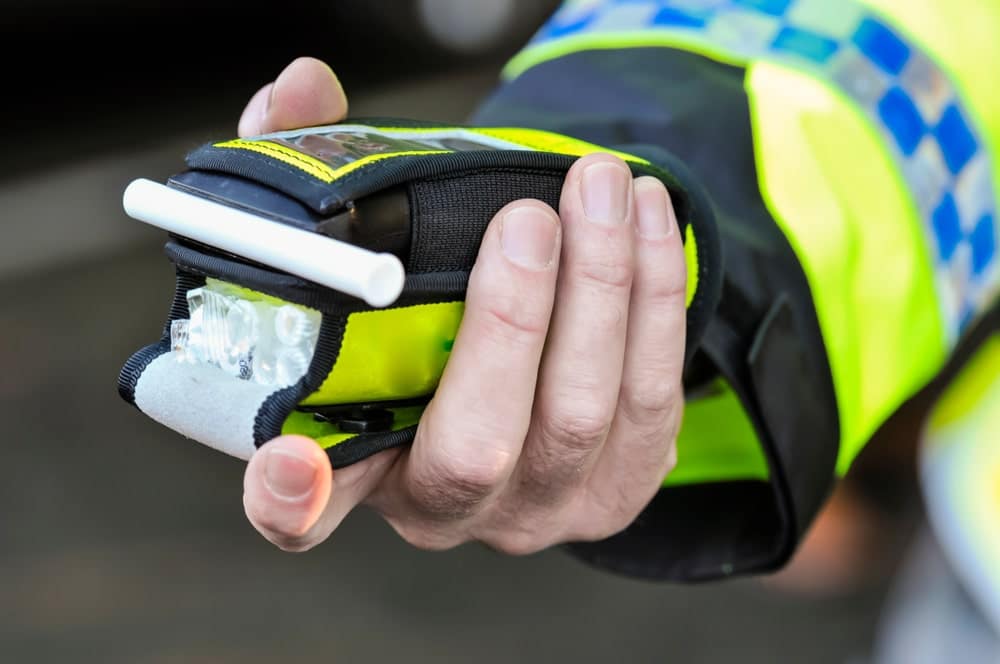
In the United States, about 32 people die in drunk driving accidents daily, which translates to about one person every 45 minutes.
One of the preventive measures that law enforcement uses to help lower these statistics is a breathalyzer test. And while, in theory, such measures can help save lives, some drivers can consider refusing to take these tests.
If you’re driving and the police pull you over for a sobriety test, can you refuse to take a breathalyzer test? What happens if you do so?
Should you get an attorney if you are charged with DUI (driving under the influence)? How important is this legal step?
This article explains what can happen if you refuse to undergo a breathalyzer test when you get pulled over by the police.
This article also discusses why getting a defense lawyer specializing in DUI is essential if you are charged with this crime.
Drunk driving is one of the primary causes of fatalities on U.S. roadways, and many of these accidents occur in urban areas. Michael & Associates has gathered the latest statistics that show that 3 in 10 Americans will likely be involved in an alcohol-related accident.
Breathalyzer tests are one way to help reduce this occurrence. But when police suspect you of drunk driving and pull you over, you can refuse such a test. Learning the consequences of doing so can prepare you for potential charges.
Read on to learn what can happen when you refuse a breathalyzer test and how an attorney can help you in such cases.
What Happens When You Don’t Submit to a Breathalyzer Test?
Suppose you’re driving around town just like any other day, then you notice a siren and flashing lights behind you. So you pull over your car but are unsure about what you’ve done.
If the police suspect you may be driving while intoxicated, they can ask you to submit to a breathalyzer test. In this case, should you refuse or not?
Some drivers may comply because they think they can pass the test or are concerned about the consequences of refusing this procedure.
Additionally, all 50 U.S. states have implied consent laws. These laws state that any person operating a motor vehicle is deemed to have given consent to a chemical test to determine that person’s blood alcohol content.
In other words, anyone driving a vehicle on a public highway has already agreed to submit to such tests. And if they refuse, they can face potential administrative and criminal charges.
This law doesn’t mean you can’t refuse such tests. Remember that refusal doesn’t immediately translate to an admission of guilt. Even if you don’t comply with the request for a breathalyzer test, you can still challenge the administrative and criminal charges in court.
But refusing a breathalyzer test doesn’t suggest that the police won’t have sufficient evidence to charge you with DUI. To be safe, consider assuming that the police have gathered enough proof already by the time they ask you to take the test.
In some states, refusing a breathalyzer test or complying with it and failing can result in an arrest and a suspension of your license. Still, such an arrest doesn’t immediately guarantee a DUI conviction.
In Florida, a person who doesn’t comply with a breathalyzer test will be subject to a mandatory license suspension of one year for the first offense refusal. A second or third offense can lead to an 18-month license suspension and possible jail time.
In addition, refusing a breathalyzer test can disqualify you from Florida’s Diversion Program. This program gives you a chance to receive a lighter sentence than what you may be charged if you refuse the chemical test.
Still, if you refuse a breathalyzer test, consider contacting a criminal defense lawyer experienced in DUI cases to help with your situation.

The Importance of an Attorney for DUI (Driving Under the Influence) Cases
Working with an attorney specializing in DUI cases can help assert your rights and contest the charges against you.
Before doing or refusing a breathalyzer test, one thing to consider is that if you submit to the test, your attorney can challenge the results later in court. On the other hand, refusal means the prosecution can use that decision to imply that you knew you were intoxicated.
Furthermore, submitting to such a test allows your attorney to challenge other aspects of the case, like whether the arresting officer had probable cause or reasonable suspicion to pull you over during the initial stop.
And even if you fail the breathalyzer test, having a skilled and experienced DUI lawyer can help lessen your penalties or even get the prosecutor to drop the charges against you.
If you’re in Orlando, Florida, and need legal assistance for your DUI charge or any criminal defense case, call Parikh Law at (321) 641-2807 for a free consultation.
References
- Drunk Driving
https://www.nhtsa.gov/risky-driving/drunk-driving
- INTERPRETATION OF IMPLIED CONSENT LAWS BY THE COURTS
ttps://www.ojp.gov/ncjrs/virtual-library/abstracts/interpretation-implied-consent-laws-courts